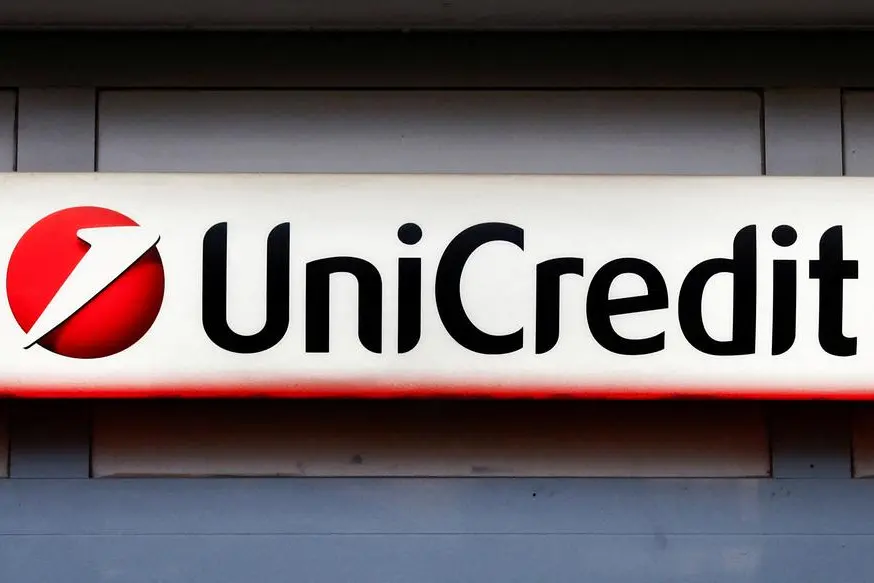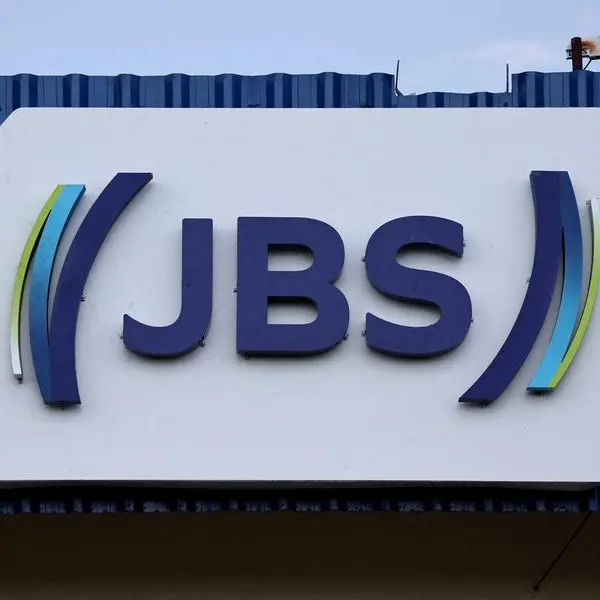PHOTO
MILAN - Italy's Banco BPM said it has asked market watchdog Consob to adopt measures to protect the bank's stakeholders and its bid for Anima, after rival UniCredit launched its own bid for BPM.
Banco BPM had complained before that UniCredit's 10 billion euro all-share bid jeopardised its buyout proposal for fund manager Anima.
The UniCredit move triggers a rule that stops managers of a takeover target from doing anything that could thwart the bid without prior shareholder approval. This makes it hard for BPM to raise the price of its offer for Anima.
Banco BPM's board gathered on Tuesday to discuss its strategy over the UniCredit bid, which it has previously described as "unusual", saying the near zero premium does not reflect the value of BPM.
In a statement late on Tuesday, Banco BPM said it was "inappropriate and out of context" for UniCredit to say it had offered a 15% premium to the BPM share price before the Anima bid.
It argued that the premium figure should, in any case, be calculated as 4% and not 15%.
UniCredit did not respond to a Reuters request of comment.
"It's not clear why the share price must not take into account the transactions the bank enacted starting with the Anima bid," Banco BPM CEO Giuseppe Castagna said in a statement.
"Given numerous comments [by Unicredit CEO Andrea Orcel] we believe it does not benefit market transparency to set one price for the bid and, at the same time, hint that it could be revised," he added.
In presenting the BPM offer, Orcel acknowledged that the price offered was close to the market price but added in other instances bidders had added a cash component down the road.
Banco BPM said that based on Monday's closing price the UniCredit bid was now priced at a 14% discount to the market price.
Castagna also said that while BPM was rooted in the north of Italy one of Europe's economy strongest areas, UniCredit faced uncertainties linked to its presence in Germany and Russia.
Orcel has said BPM shareholders would be better off holding UniCredit own stock because it is a more resilient and diversified bank.
"We're surprised by the frequent references to our alleged underperformance," Castagna said.
"And we don't understand the calculations that lead (UniCredit) to say their total distribution yield is double ours."
(Reporting by Valentina Za, editing by Gavin Jones, Keith Weir and Tomasz Janowski)





















